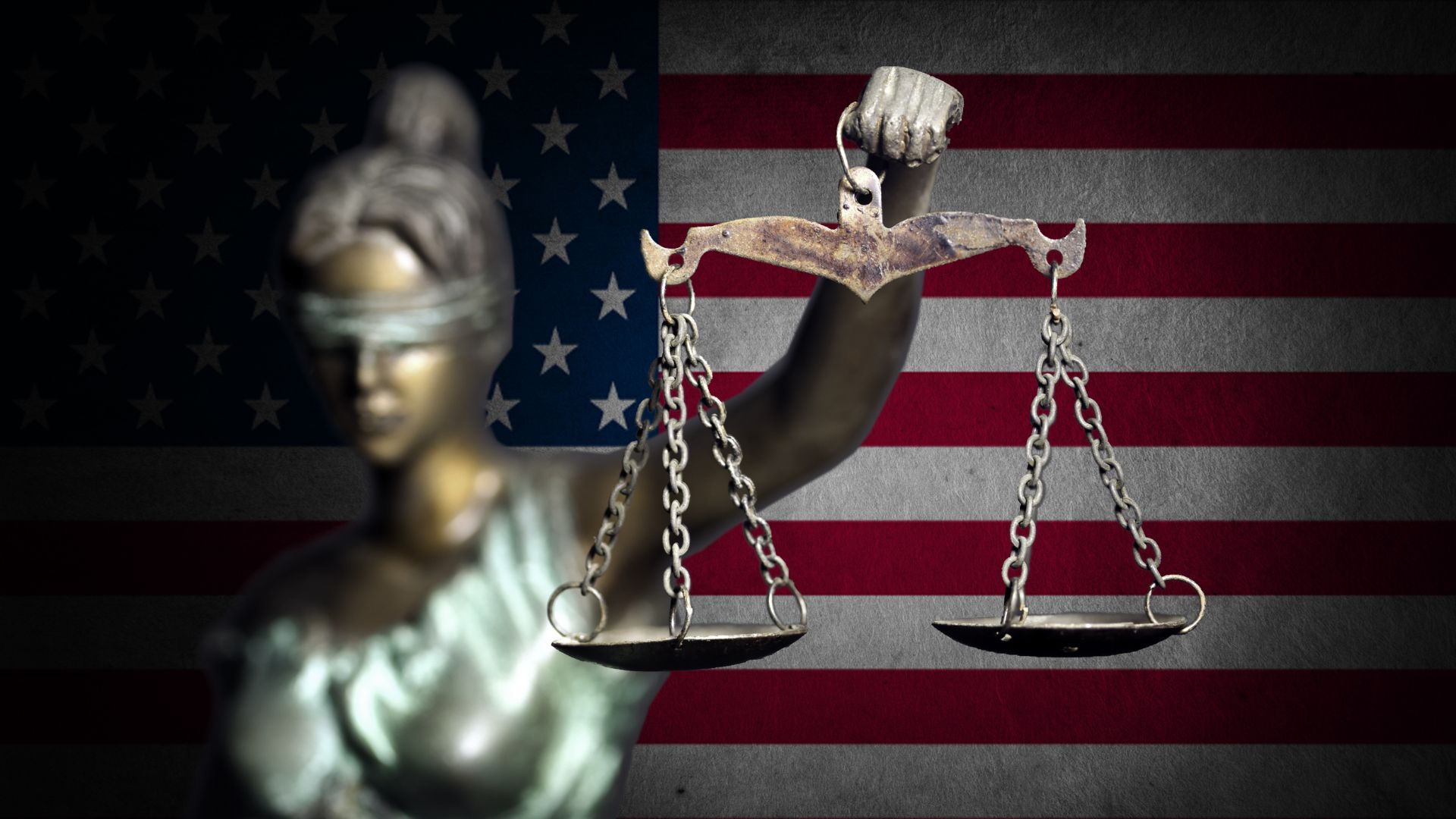
The U.S. Supreme Court has indicated it may take up Louisiana v. Callais, a case challenging the use of race-based redistricting in congressional maps.
The outcome could carry major nationwide implications, including the possibility of redrawing dozens of House districts and shifting the political landscape ahead of the 2026 midterm elections.
On Friday, the Court invited the U.S. Solicitor General to weigh in on the case, a move that legal experts say often signals serious interest in granting review.
Trump’s Sovereign Wealth Fund: What Could It Mean For Your Money?
At the center of the case is whether Section 2 of the Voting Rights Act permits the race-conscious creation of congressional districts — a practice commonly used to ensure that racial minority populations can elect candidates of their choice.
I cannot stress to you enough how earth-shattering it would be for the Supreme Court to strike down Section 2 of the Voting Rights Act.
The electoral cornerstone of the Postwar Liberal Consensus would be gone overnight, and with it, the Democratic Party’s ability to contest the… pic.twitter.com/sRKpr85UZR
— Christian Heiens 🏛 (@ChristianHeiens) August 2, 2025
This Could Be the Most Important Video Gun Owners Watch All Year
The case originated in Louisiana, where plaintiffs challenged the state’s current congressional map, arguing that it improperly emphasizes race when drawing boundaries.
Currently, Louisiana has six congressional districts, four represented by Republicans and two by Democrats.
Both Democratic seats are in majority-Black districts.
If the Court rules broadly and restricts the use of race in redistricting, the decision could prompt changes to maps in multiple states.
According to political analysts, the ripple effect could result in Republicans gaining as many as 20 to 25 seats in the House, depending on how other states respond with new district maps.
BREAKING: Democrats could lose as many as nearly 25 House seats if the Supreme Court moves forward with ending race-based gerrymandering. pic.twitter.com/06PMCvBw06
— Election Wizard (@ElectionWiz) August 2, 2025
Election law scholars and political strategists say the case has the potential to significantly limit how Section 2 of the Voting Rights Act is applied.
That provision prohibits voting practices or procedures that discriminate on the basis of race, and it has been a central legal tool in the creation of majority-minority districts.
On Friday, Politico reported that the Court’s move may signal a willingness to “further narrow the Voting Rights Act,” and described the potential ruling as one that could affect far more than just Louisiana.
“A ruling overturning the current map could result in Republicans picking up an additional congressional seat in Louisiana,” the article stated.
“But if the court issues a sweeping decision that curtails or outlaws the use of race-based redistricting… the effects will spread far beyond Louisiana.”
🚨 The Supreme Court has issued a new question for the reargument of Louisiana v. Callais:
Whether the State’s intentional creation of a second majority-minority congressional district violates the Fourteenth or Fifteenth Amendments to the U. S. Constitution
This is it, folks!! pic.twitter.com/IaYhZmXV4P
— DW Fan (@daily_wire_fan) August 1, 2025
The last time the Court weighed in on redistricting under the Voting Rights Act was in Allen v. Milligan in 2023.
In that case, the justices preserved the current interpretation of Section 2, but left open questions about how far race-based considerations can go in map drawing.
If the Court hears Louisiana v. Callais and rules to restrict or eliminate race as a factor in redistricting, it would represent one of the most significant changes to voting law in decades.
Multiple Republican-led states could pursue mid-decade redistricting efforts under a new standard, potentially redrawing congressional maps ahead of the 2026 midterms.
Legal observers expect intense political reaction if the Court rules in favor of the plaintiffs.
The potential elimination or major narrowing of race-based redistricting could dramatically reduce the number of safe Democratic seats, particularly in states like California, New York, and Illinois.
In an online post that circulated widely following the Court’s announcement, one user wrote, “The electoral cornerstone of the Postwar Liberal Consensus would be gone overnight, and with it, the Democratic Party’s ability to contest the House of Representatives as we know it.”
No date has been set for the Court’s decision on whether to formally take up the case.
However, with the Solicitor General’s office now involved, a decision could come as early as the fall term.
As of now, Louisiana v. Callais remains one of the most closely watched cases on the Supreme Court’s docket and could play a pivotal role in shaping the next decade of congressional politics.





![Gavin Newsom Threatens to 'Punch These Sons of B*thces in the Mouth' [WATCH]](https://www.right2024.com/wp-content/uploads/2025/08/Gavin-Newsom-Threatens-to-Punch-These-Sons-of-Bthces-in-350x250.jpg)
![ICE Arrests Illegal Alien Influencer During Her Livestream in Los Angeles: ‘You Bet We Did’ [WATCH]](https://www.right2024.com/wp-content/uploads/2025/08/ICE-Arrests-Illegal-Alien-Influencer-During-Her-Livestream-in-Los-350x250.jpg)








